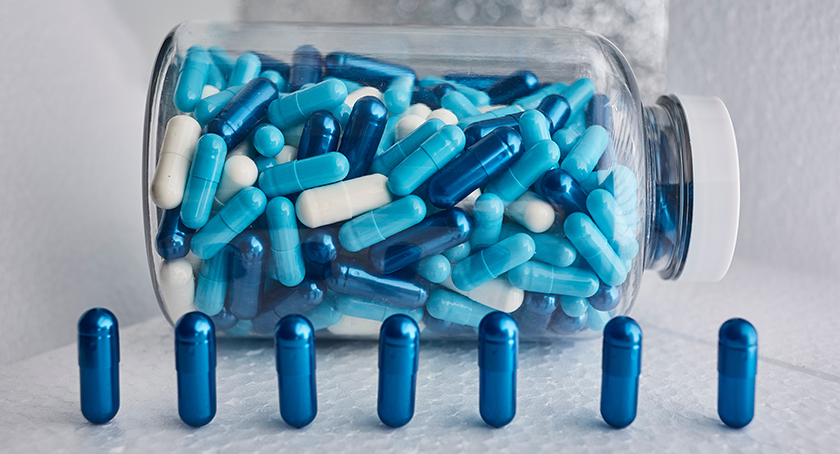Features
Mood Health: The Stability of the Mood Health Market
Consumers are increasingly turning to natural remedies to combat the effects of stress and depression.
By: Marian Zboraj


Consumers are increasingly turning to natural remedies to combat the effects of stress and depression.
By: Marian Zboraj
